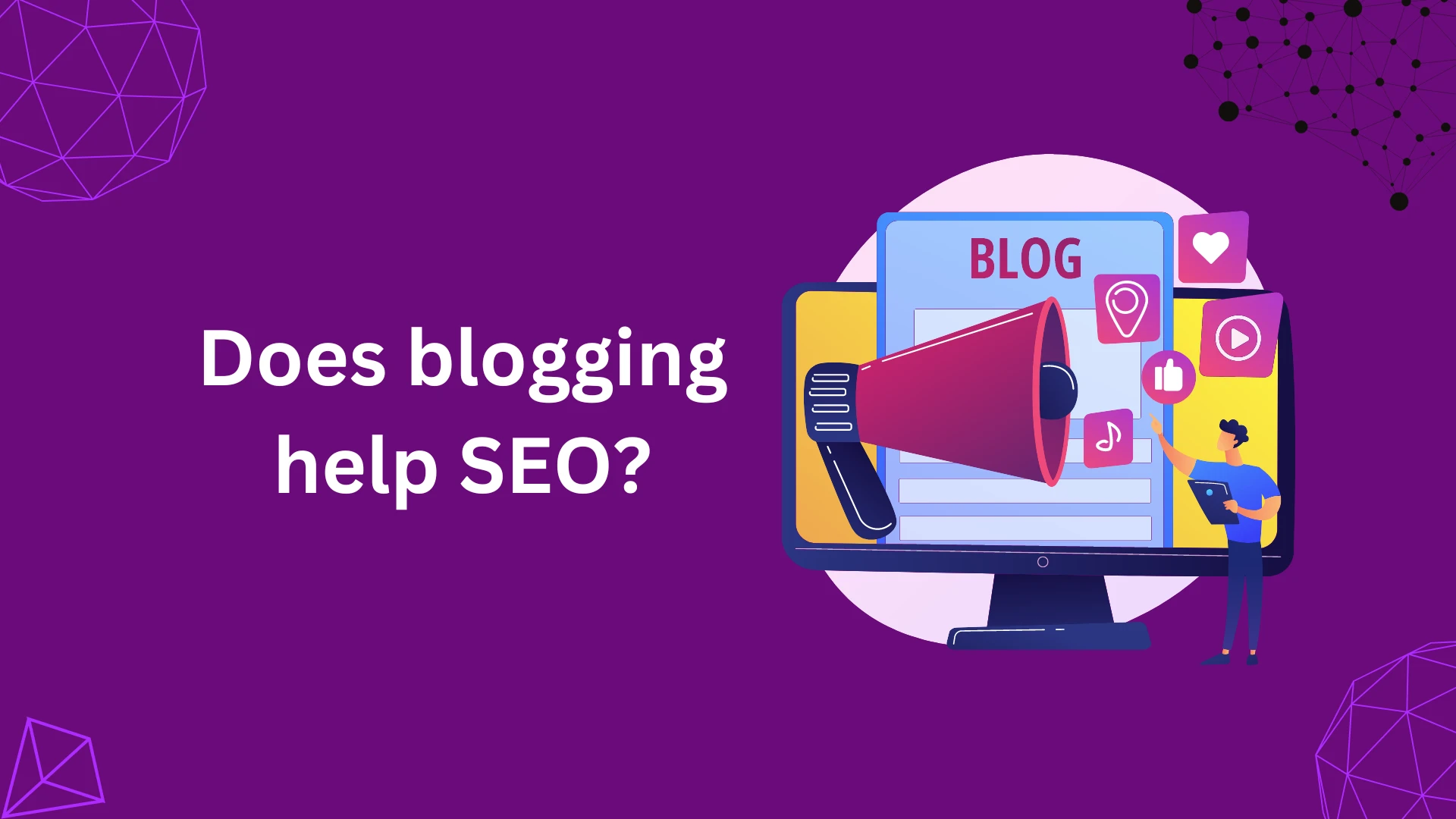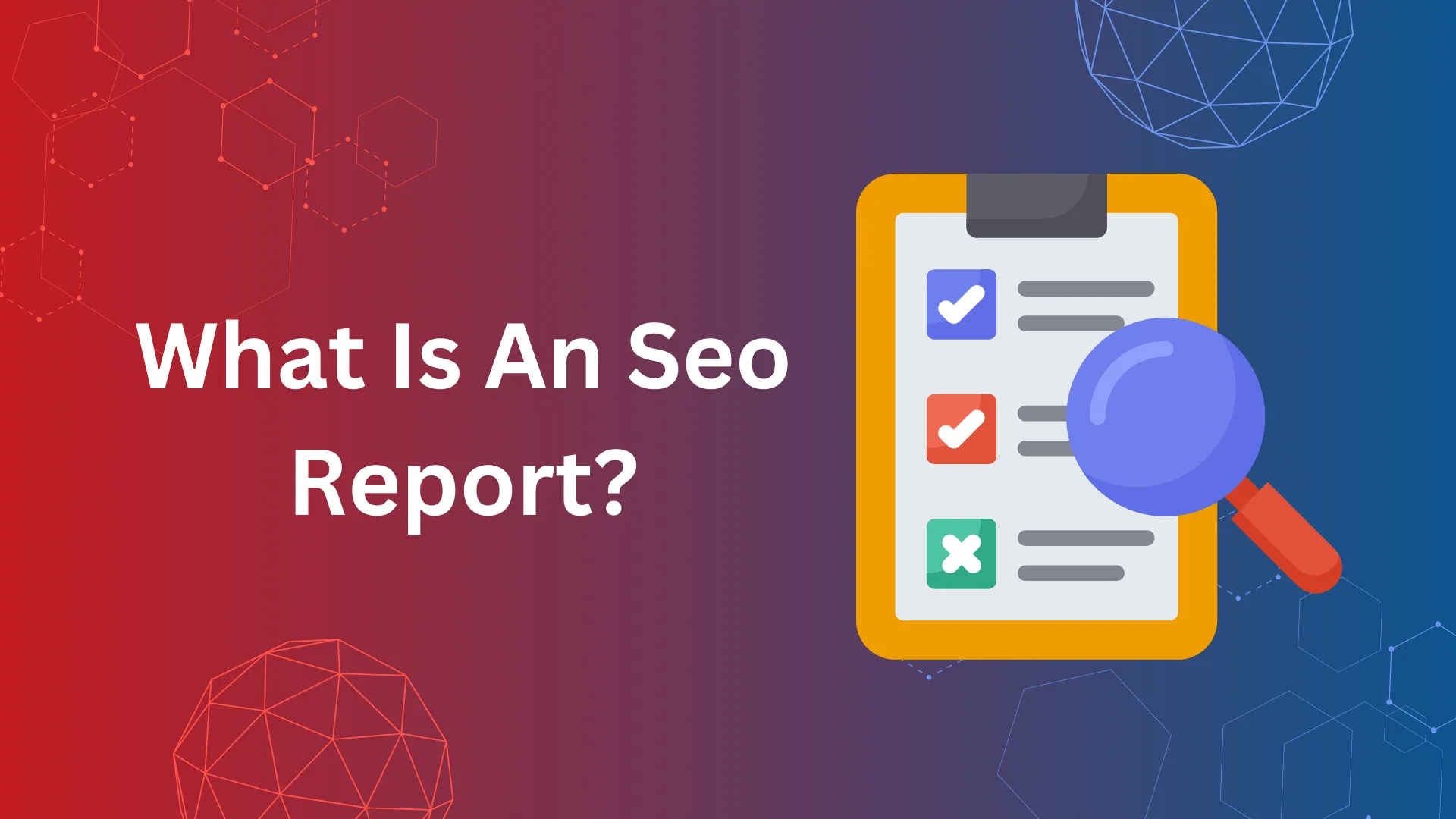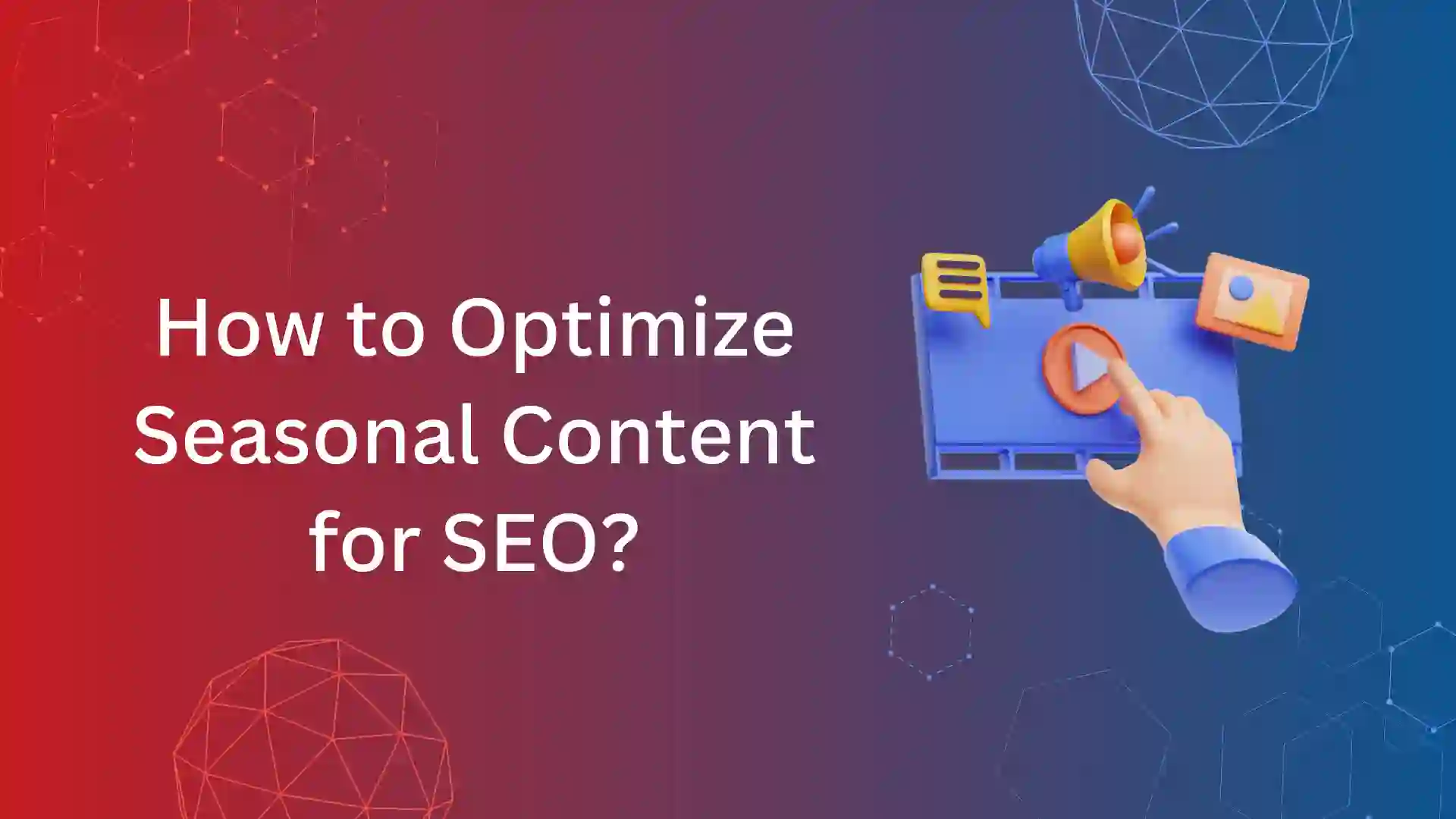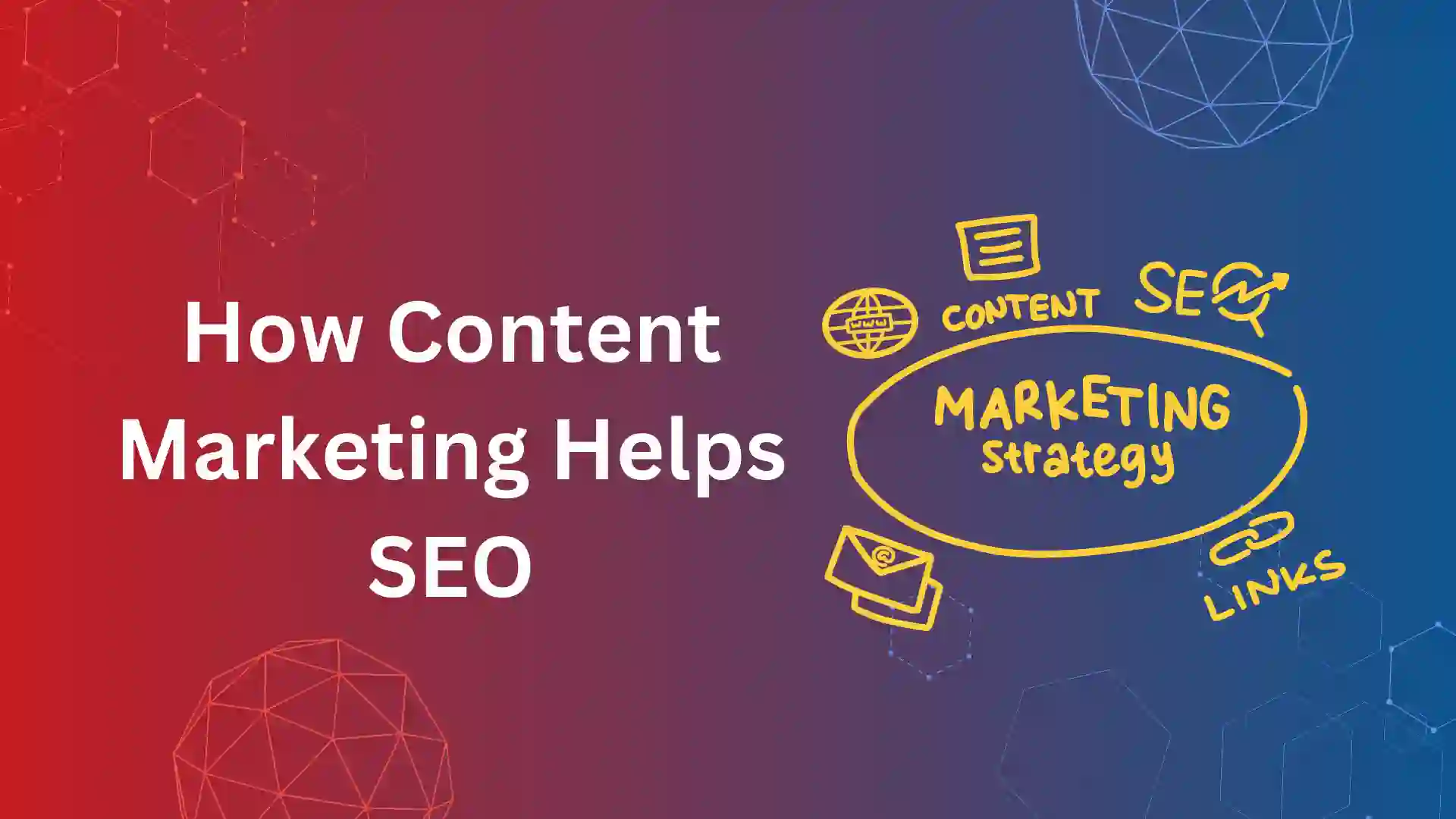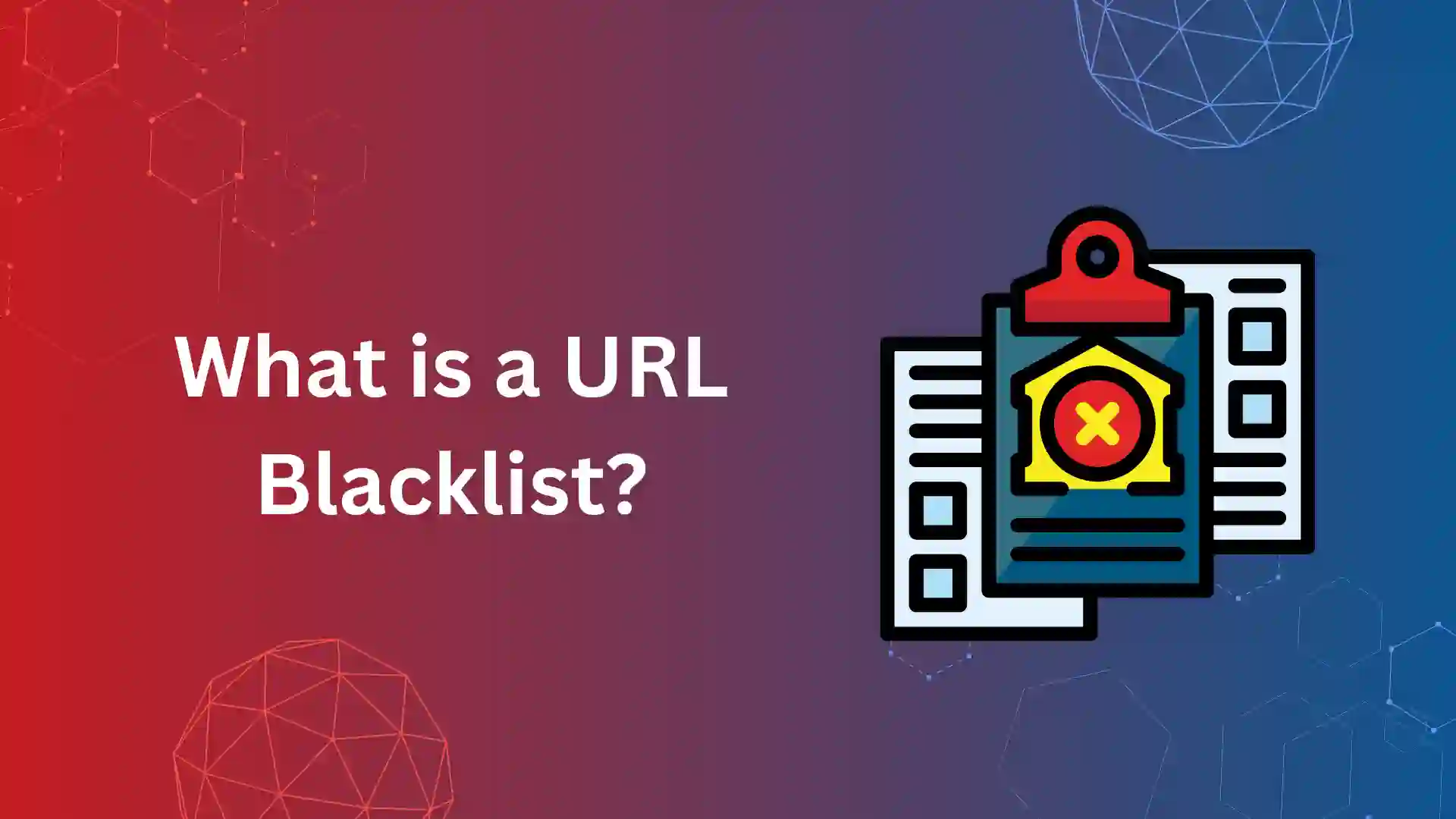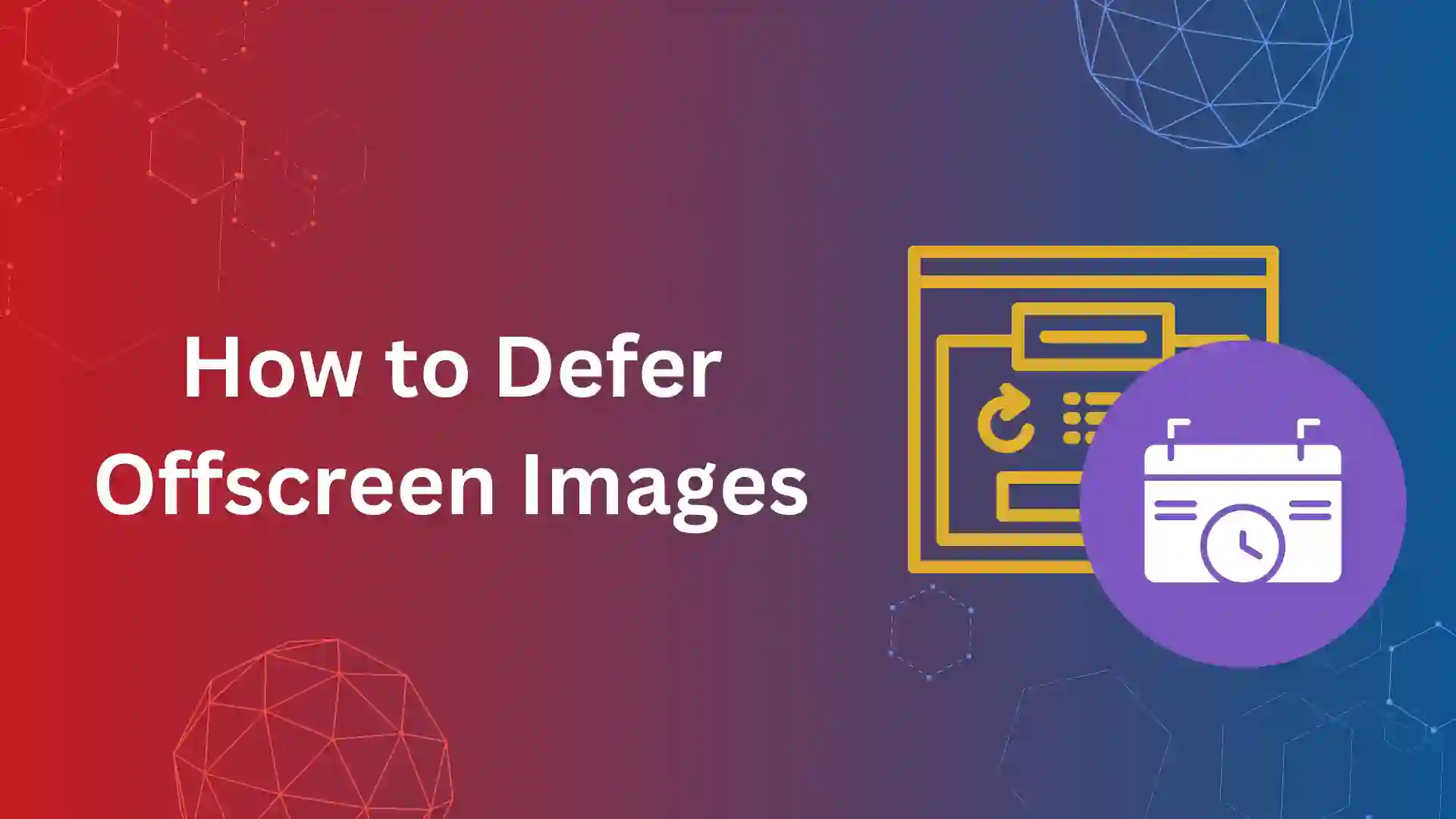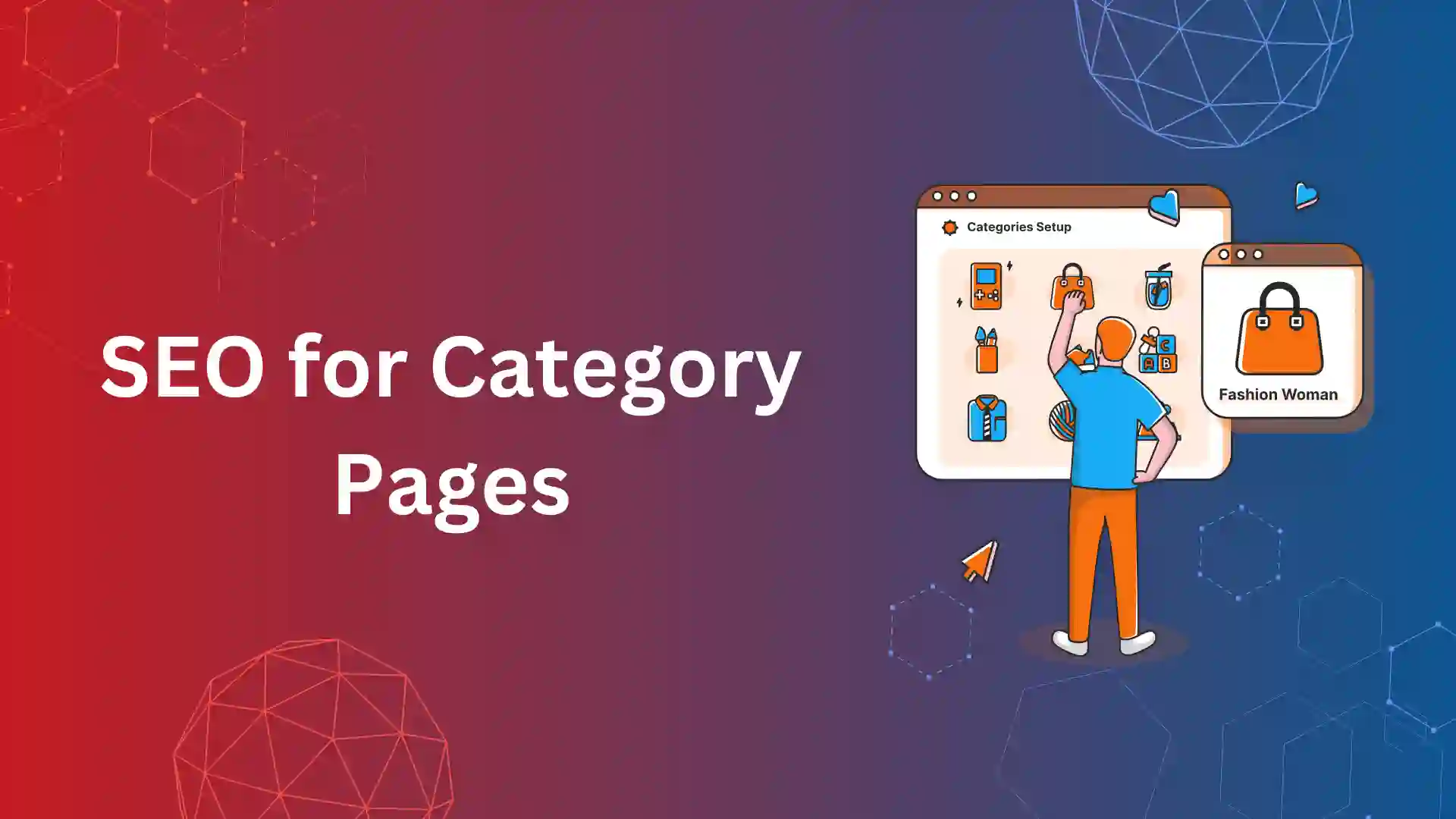Does blogging help SEO? Absolutely yes!!! In today’s digital world, blogging enhances businesses’ online presence and improves their search engine optimization (SEO) efforts.
Let’s see how does blog helps SEO for websites and increases their visitors.
10 Proven Strategies that Blogging Helps SEO
1. Blogging helps to keep a website updated
One of the primary reasons why blogging is crucial for SEO is that Google embraces fresh content and niche expertise.
Not all new content will instantly rank in search results; an active blog signals to Google that your business is updating its website and remains in operation.
Consistently publishing content on a niche in relevance to the users’ query is one of the key ranking factors of Google (as per First Page Sage). This builds topical authority and ranks your web page on the first page of the search engine results page (SERP).
I would recommend publishing at least one blog per day; this will help increase the crawl budget.
Consistent blogging allows search engines to rely on your site for fresh and relevant content.
2. Evergreen Blog
In addition to fresh content, Google has a special place in ranking evergreen content. Evergreen content refers to articles or blog posts that retain their value and relevance over time, making them highly sought after for informational queries.
Unlike time-sensitive news articles, evergreen content can provide value for years with minimal maintenance. By creating evergreen resources, you can improve traffic from users who seek answers to their long-term queries.
Sametime you can create retained visitors to your website who will always visit your website to feed any information on your niche.
For example, “Beginners Guide to SEO” by Moz is one of the evergreen blogs and has a follower base of 1.2k search volume per month (as per Semrush).
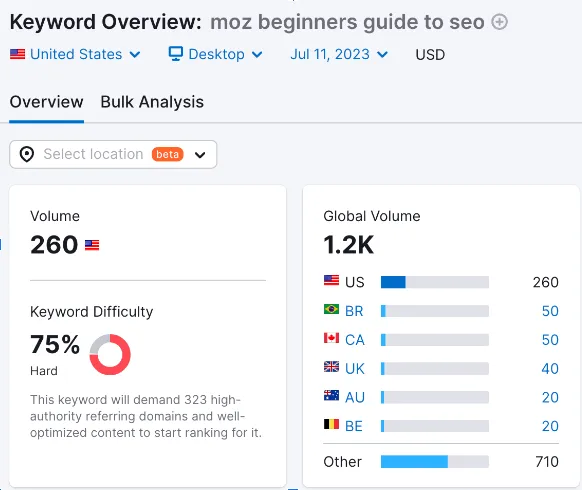
3. Blogging helps to drive more traffic
Every blog you publish allows users to discover your site, engage with your content, and become subscribers or returning visitors.
Each blog that ranks well brings organic traffic from platforms like Google, Bing, and social media.
4. Internal Links Through Blogging
Internal links play a crucial role in helping Google’s algorithm understand the structure and content of the website.
The first work of a search engine is “URL discovery;” it is done either through internal links or URLs present in the XML sitemap.
By strategically placing internal links within your blog posts, you guide search engine crawlers through your site and emphasize the relevance and interconnectedness of your content.
5. Quality blogging can increase natural contextual citations (Backlinks)
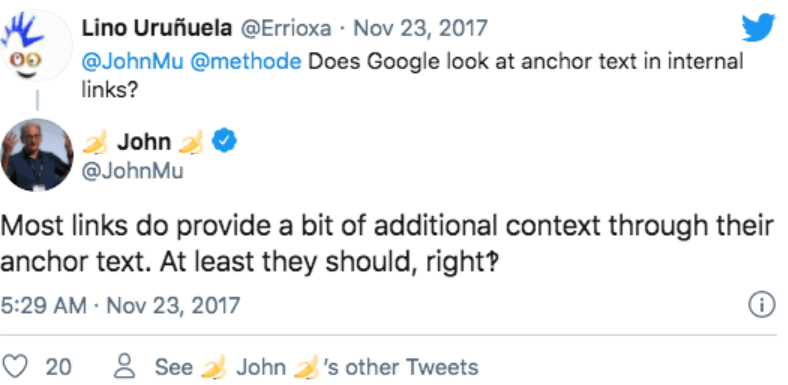
Backlinks are links from external websites of the relevant niche. It is one of the ranking factors of Google.
When other websites link to yours, search engines interpret it as a vote of confidence in the quality and relevance of your content.
Obtaining backlinks can significantly impact your rankings, as search engines assume websites with numerous backlinks offer a top-notch range.
6. Blogging helps to build Trust and Expertise
A crucial aspect of blogging for SEO is that it showcases expertise and builds trust with the audience.
By consistently publishing high-quality content, a website becomes credible and eventually gains trust over the website.
When users perceive your blog as a valuable source of information, they are more likely to engage with your content, share it with others, and potentially convert into customers.
By consistently demonstrating industry knowledge and providing valuable insights, a strong foundation for long-term success can be established.
7. Keyword Optimization
Blogging lets you incorporate targeted keywords into your content, fueling your overall SEO strategy.
While the main pages focus on core keywords that target prospects ready to make a purchase, blog posts offer an opportunity to target long-tail keywords.
Long-tail keywords are specific, detailed phrases that users often search for when in the research or consideration stage of the buyer’s journey.
8. Blogging Helps Social Sharing
Social sharing is one of the underrated Google’s ranking factors. We have personally found many websites had no option to share their worthy content.
Blogging and social media go hand in hand, creating a powerful synergy for extending reach and amplifying the content.
When a new blog post is published, it can be shared across social media platforms, driving traffic to the website. Social media platforms allow targeted audiences to engage with the content, share it with their networks, and attract new visitors to the blog.
Additionally, when blog posts resonate with the audience and offer valuable insights, they are more likely to be shared, further expanding your reach and increasing your brand’s visibility.
This social media amplification can positively impact SEO efforts, as increased engagement and social signals indicate to search engines that the content is valuable and relevant.

9. User Engagement and Interaction: Building a Community
A well-maintained blog creates an avenue for user engagement and interaction, fostering a sense of community around the brand.
When users leave comments on blog posts, it opens up an opportunity for meaningful conversations, feedback, and exchanging ideas.
Engaging with the audience in the comments section demonstrates a commitment to building relationships and listening to their needs.
User engagement and interaction not only contribute to the blog’s overall success but also signal to search engines that the website provides valuable content that resonates with users.
10. Analytics and Insights with Blogging: Measuring Your Success

Blogging provides valuable insights into the performance of the content and its impact on SEO efforts.
By leveraging analytics tools, the website traffic, bounce rates, time on page, and conversion rates attributed to the blog posts can be tracked.
These insights help to understand which topics resonate with the audience, which posts generate the most engagement, and which keywords drive the most traffic.
Analyzing these metrics allows us to refine content strategy, create more targeted and valuable blog posts, and optimize the overall SEO efforts.
By measuring the success and making data-driven decisions, continuous improvement on blog’s performance can drive meaningful results for your business.
Conclusion
Blogging is a powerful tool that offers numerous benefits for SEO and inbound marketing efforts.
Regularly publishing fresh and evergreen content can attract organic search traffic, enhance the website’s visibility, and establish expertise.
Internal and external links further contribute to SEO strategy, guiding search engine crawlers and signaling to search engines that your content is valuable and trustworthy.
Additionally, blogging allows for targeting long-tail keywords, engaging with targeted audiences, extending the reach through social media, and gaining valuable insights through analytics.
By leveraging these benefits, a robust blogging strategy can be created that improves the SEO builds trust, establishes credibility, and cultivates a loyal community around the brand.
So, start blogging today and unlock the potential for growth and success in the digital landscape.

